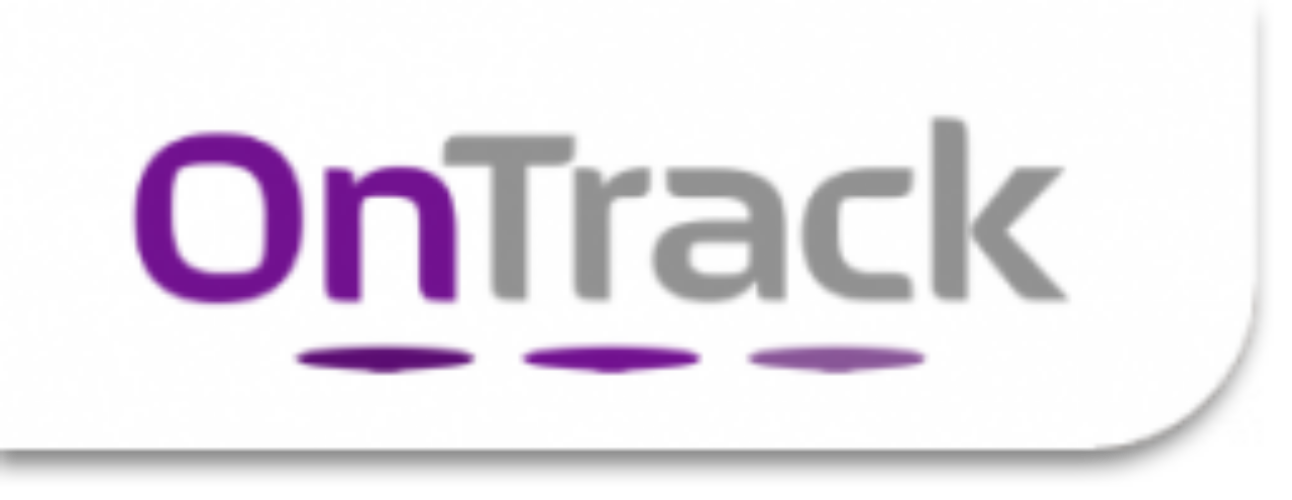We regularly hear of shortening attention span, increasingly pressured time constraints, resulting in bitesize…everything. “Busyness” has become a status symbol, the busier you are the more important you are. It’s easy to become busy, but are you being effective?
We live in a world where everything has been reduced in size, or time.  Take books for example, now available in Audio format, a podcast series, and even to the extent where full businesses exists, such as GetAbstract, where books are summarised into a few pages containing; rating, top takeaways, full summary and key quotes. An exceptionally useful tool for business books, don’t get me wrong. This all but eradicates the need for reading the book in the first place, or does it allow for a better choice of what book to read in full?
Take books for example, now available in Audio format, a podcast series, and even to the extent where full businesses exists, such as GetAbstract, where books are summarised into a few pages containing; rating, top takeaways, full summary and key quotes. An exceptionally useful tool for business books, don’t get me wrong. This all but eradicates the need for reading the book in the first place, or does it allow for a better choice of what book to read in full?
In this world of short attention spans, pressured time constraints and bite size everything, we still need to focus on our work and get the job done. We live in a world of constant distractions, from the little screen in your pocket or handbag, to email pop ups on the laptop, and even notifications on your watch telling you of a tweet or other social post you may be interested in. That coupled with the traditional distractions of phones ringing, or knocks at the door, means we are under siege.
3 signs you might be under the stress from digital:
- Finding it hard to complete a task such as writing a report without frequently breaking away to check e-mail or unrelated websites.
- Going online or using a digital device when you feel stressed or want to avoid an unpleasant task.
- Frequently using digital devices to entertain a child instead of talking, playing, or reading with him or her.
If some of the above resonate with you, it may time to implement some new rules.
So how do you get the job done, how do you avoid the continual alerts, beeps, and distractions that we are continually plagued with?
The easy answer is to switch it all off, but of course, you still need to be accessible. The key is taking control, use technology to enhance your life, not to run it.
In his paper, Jim identified 14 tips that everyone can apply to take back control, some of the key ones are below;
- Email: Reset your default start screen from “inbox” to “calendar”, because you will be in the reactive mode. This focusses you on what you need to achieve today, as opposed to what others want from you right now.
- Digital Free: Practice a “digital free day”—setting aside one day each week to “unplug” and really connect with people.
- Focus hours: Each work day, have 2 blocks of 2 hours set aside for focus time. Be unavailable to everything but true emergencies, switch the phone and email off. It’s only 2-hour blocks of time, are you that important you need to be reached at all times?
Things will no doubt get tough, you just need to remind yourself of the bigger picture, you want to succeed professionally, financially and personally. If you apply the above, and some of the other great tips in Jims paper, then you will make far more useful things happen, earn more and enjoy more as a result.



